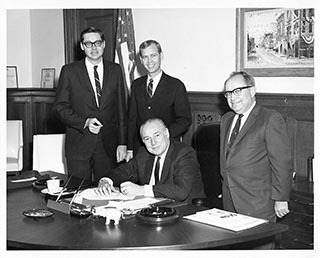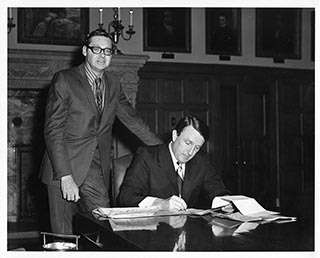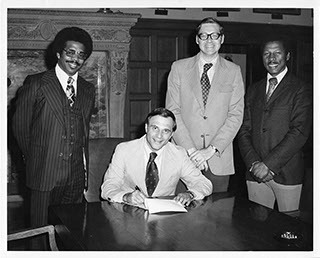Looking back at Ledbetter's work as a legislator, educator, and scholar, one particular theme stands out: Ledbetter was a reformer.
Educational Reform
Ledbetter was an active participant for educational reform in Arkansas. He was able to accomplish reform using two methods: via constitutional amendments and by authoring or co-sponsoring bills.
In 1967, he introduced an amendment to the Constitution of the State of Arkansas. Amendment 53 established publicly-funded kindergartens throughout the state, allowing more children to begin their early education.
He also authored or co-sponsored groundbreaking educational reforms such as free textbooks, the establishment of special education programs, and a tenure act to protect teachers from arbitrary firings.
Constitutional Reform
During and after his time in the state's House of Representatives, Ledbetter was committed to reforming Arkansas's constitution. He was a delegate to the Constitutional Convention of 1970 and was involved in the attempt to call a convention in 1975. At the Constitutional Convention of 1980, Ledbetter served as one of four vice presidents.
Social Reform
In 1969, Ledbetter co-authored the Uniform Anatomical Gift Act, an important advancement in the state and one that he was particularly proud of. Arkansas was the first state to pass a law of this kind that gave an individual the right to determine how to dispose of his body after death, making organ transplants easier to obtain.
in 1973, the Arkansas Homestead Property Tax Relief Law was passed by the Legislature. Ledbetter sponsored legislation commonly called the “Circuit Breaker” law in order to provide Arkansas’s low-income senior citizens with property tax relief.
Government
In the interest of reforming and improving the Arkansas Legislature, Ledbetter sponsored legislation to create the Special Committee on Legislative Organization. He would go on to chair that committee. Under his leadership, the committee commissioned a study by the Eagleton Institute of Politics (EIP) that examined the Arkansas General Assembly’s operations. The recommendations produced by the EIP were considered by the committee for enactment into law. One in particular, supported by Ledbetter, called for all congressional committee meetings to be open to the public and the media.
*The banner photo shows Cal Ledbetter stands with Grover Richardson, Richard Mays, and Dr. William Townsend in the Arkansas State Capitol building, 1975. This photograph is from the UA Little Rock Center for Arkansas History and Culture's Calvin R. Ledbetter, Jr., Papers, 1964-1988 (UALR.MS.0191).



